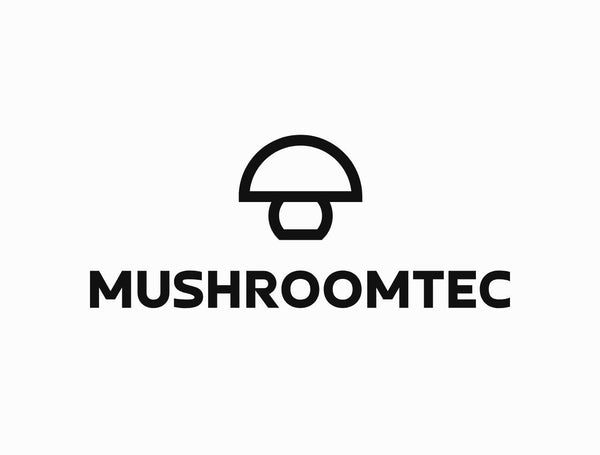Hydroponics Overview: What It Is & Why It Works
Hydroponics is the method of growing plants without soil, using water, nutrients, and oxygen to feed the root system directly. It’s cleaner, faster, and more space-efficient than traditional soil growing, making it ideal for indoor growers, urban setups, and commercial production.
🌿 How Hydroponics Works
Instead of soil, hydroponic systems suspend the roots in:
-
Nutrient-rich water
-
Inert media (like clay pebbles or rockwool)
-
Or both, depending on the system
Plants take up everything they need, with no guesswork, no runoff, and no dirt.
🔧 Types of Hydroponic Systems
There are several styles of hydroponics, including:
-
NFT (Nutrient Film Technique) – great for greens
-
Drip Systems – good for mixed crops
-
Ebb & Flow – flood and drain growing
-
DWC (Deep Water Culture) – passive water culture
-
RDWC (Recirculating Deep Water Culture) – high-efficiency, scalable, ideal for fruiting crops
🔄 Why We Recommend RDWC
RDWC builds on DWC by recirculating the water through multiple grow buckets and a control reservoir. This keeps:
-
Nutrients balanced
-
Oxygen levels high
-
Root zones healthy and consistent
It’s the system we specialize in because it offers:
-
Faster growth
-
Bigger yields
-
Lower waste
-
Clean, controlled results
✅ Who Hydroponics Is For
Hydroponics is ideal for:
-
Indoor growers with limited space
-
DIY hobbyists and pros alike
-
Anyone growing tomatoes, peppers, strawberries, or other rooted plants
-
Growers who want more control and less mess
